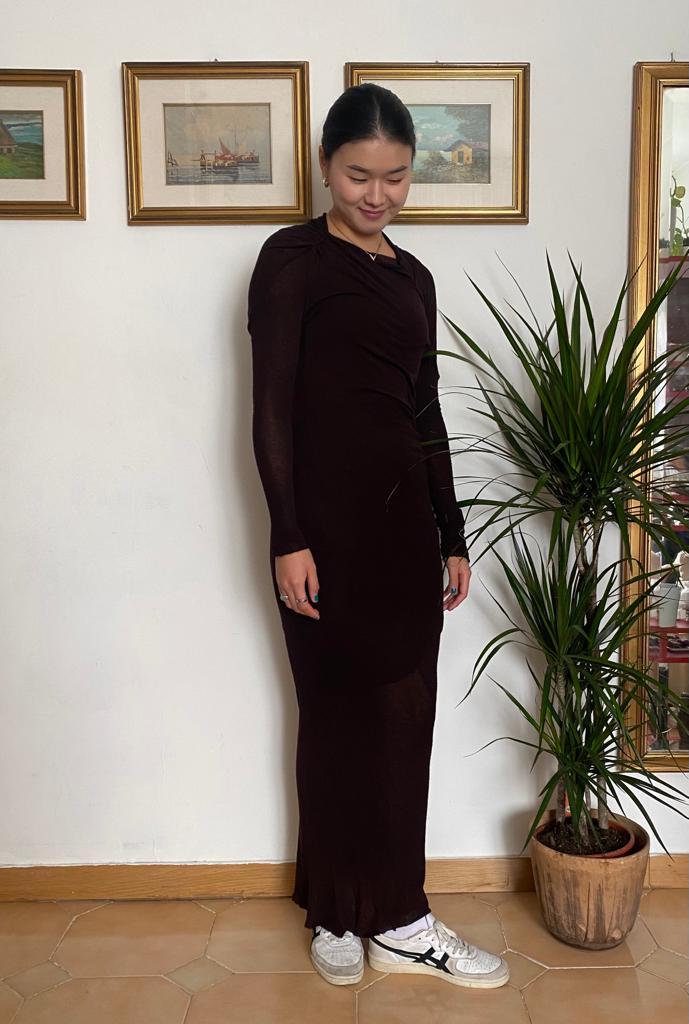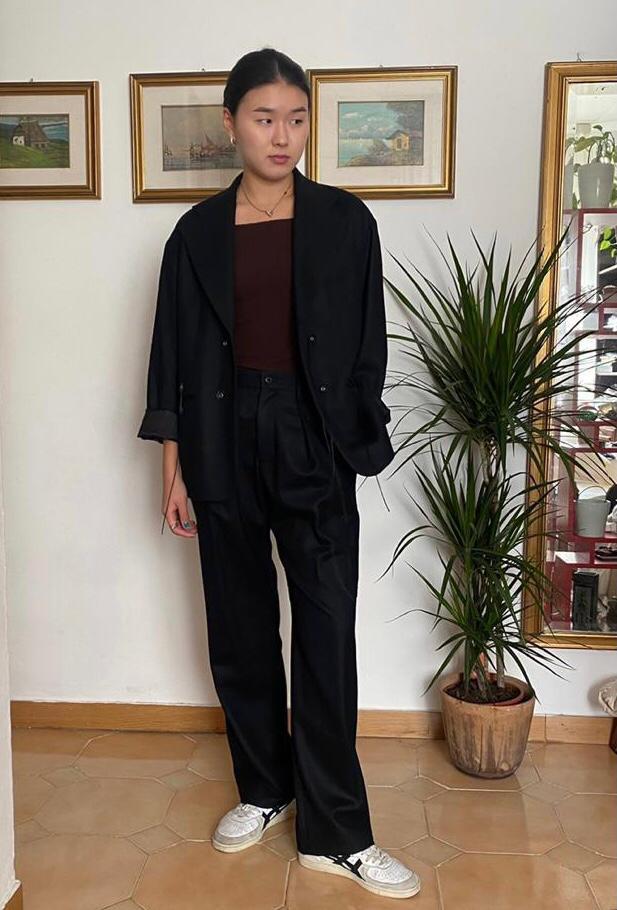Generation Z & sustainability
The topic of sustainability has a warped meaning and understanding amongst most consumers today, Generation Z included.
Gen Z is said to be the upcoming generation for a positive environmental shift in our society. This generation has been at the forefront of the sustainability movement. Pushing companies and brands to conduct sustainable practices in an effort to save the planet we are destroying.
What sustainability means to Generation Z
But does this young generation truly know what sustainability means?
Unfortunately, this “green movement” has become misunderstood as greenwashing. With the lack of research and education on environmentalism, brands have been able to blatantly lie to their consumers. By engaging in greenwashing tactics, they conveyed an image of sustainability and ethicality that simply does not exist to them.
It is now the responsibility of the younger generations to wake up, and do their research. And hold these brands accountable for their greenwashing schemes and harmful environmental practices.
The research on Gen Z
I spent some time interviewing college students currently studying abroad in Milano to understand their point of view. What sustainability means to them. And how they practice it in their daily lives. From these conversations I concluded a distorted idea of greenwashing and an unhealthy practice of overconsumption.
All this is due to a lack of transparency between brands and consumers. When discussing the students knowledge of sustainability or familiarity with the term ‘greenwashing’, I received a variety of answers. Many had never heard of greenwashing or how it affected the choices they make daily.
The truth on Gen Z & sustainability
Students told me that sustainability meant being cautious and putting the environment first. Also, an item or lifestyle alleged to be sustainable, can be trusted with no further questioning. Such contradictory answers surprised me. How can one be cautious yet trust that the word ‘sustainable’ is 100% true?
Students attest to practising sustainability by donating clothes, vintage or thrift shopping, and creating capsule wardrobes. But, when asked what brands they typically shop from, the most common response I received was some of the brands guilty of the greatest greenwashing techniques. The brands these students shop from attest to caring for the earth and market themselves as “conscious” or “committed” to sustainability. Yet still participate in mass overproduction.
Although students brought up capsule wardrobes quite often, overconsumption still seems to have a huge hold on this generation due to the hyper-fast fashion movement. Students claimed to go shopping regularly, at least once a month.
An advice I can give to this generation who yearns for a more sustainable lifestyle is to question everything you see. Don’t support brands that shout about sustainability to sharpen their image for the purpose of gaining social acceptance. But a brand that does good because they care. The word ‘sustainable’ is not regulated and, ultimately, does not need to hold any truth. So, when you see that buzzword word on a tag, don’t forget to fact-check that claim.
Generation Z seems to have an interest, and desire for a more sustainable earth. But, unfortunately, lacks the inclination to question the brands they shop from. Hiding behind the term “ignorance is bliss” is not a viable excuse for a dying planet screaming for change.
*
A piece written by Leyla Jackson – apparel merchandising student from Washington State University. Currently studying at Università Cattolica Del Sacro Cuore in Milan and interning for suite123. Passionate about working towards a more sustainable future for not only the fashion industry, but our planet.
Generation Z & sustainability Read More »

